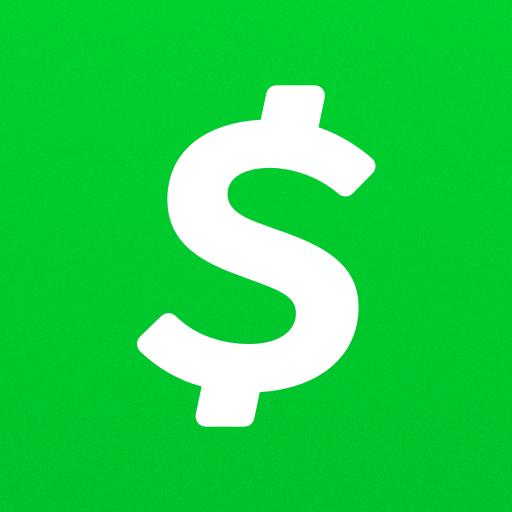Locking your Cash App card can have various implications on your ability to make transactions and manage your finances. When you choose to lock your card, you are essentially putting a temporary halt on its usage to prevent unauthorized transactions and safeguard your funds.
One of the primary consequences of locking your Cash App card is that any new transactions attempted with the card will be automatically declined. This means that if you try to make an in-store purchase, an online payment, or withdraw cash from an ATM using your locked card, those transactions will not go through.
It’s important to note that while new transactions are blocked, recurring payments that are set up with your Cash App card will still be processed even if the card is locked. This is because recurring payments are pre-authorized by the merchant, so they will continue to be charged to your card as scheduled.
Additionally, any pending transactions that were initiated before you locked your Cash App card will also be finalized and deducted from your account balance. Locking your card does not reverse or cancel any transactions that have already been authorized by the system.
When your Cash App card is locked, you may experience some restrictions on managing your card settings and features within the app. For example, you may not be able to change your PIN, enable or disable various security settings, or request a replacement card while your current card is locked.
While your card is locked, it’s essential to take steps to ensure that your account remains secure. This includes monitoring your transaction history regularly, reviewing any unusual activity, and promptly reporting any unauthorized charges or suspicious behavior to Cash App customer support.
If you need to unlock your Cash App card for any reason, you can do so easily within the Cash App mobile application. Simply navigate to the card settings section, locate the option to unlock your card, and follow the on-screen instructions to regain full access to your card for making transactions.
Overall, locking your Cash App card provides an added layer of security and control over your financial transactions. By being proactive in managing your card’s security settings, you can help protect your funds and prevent fraudulent activity on your account.
Remember that while your card is locked, you may still have access to other payment methods linked to your Cash App account, such as direct deposits, bank transfers, and cryptocurrency transactions. Locking your card does not affect these alternative payment options.
It’s always a good practice to stay informed about the security features and settings available in the Cash App to ensure the safety of your funds and personal information. Regularly review your account activity, update your security preferences, and reach out to customer support if you have any concerns about the security of your Cash App account.
In conclusion, locking your Cash App card can temporarily restrict new transactions but does not impact recurring payments or pending transactions. By staying vigilant and proactive in managing your card’s security settings, you can help safeguard your funds and maintain control over your financial transactions.

